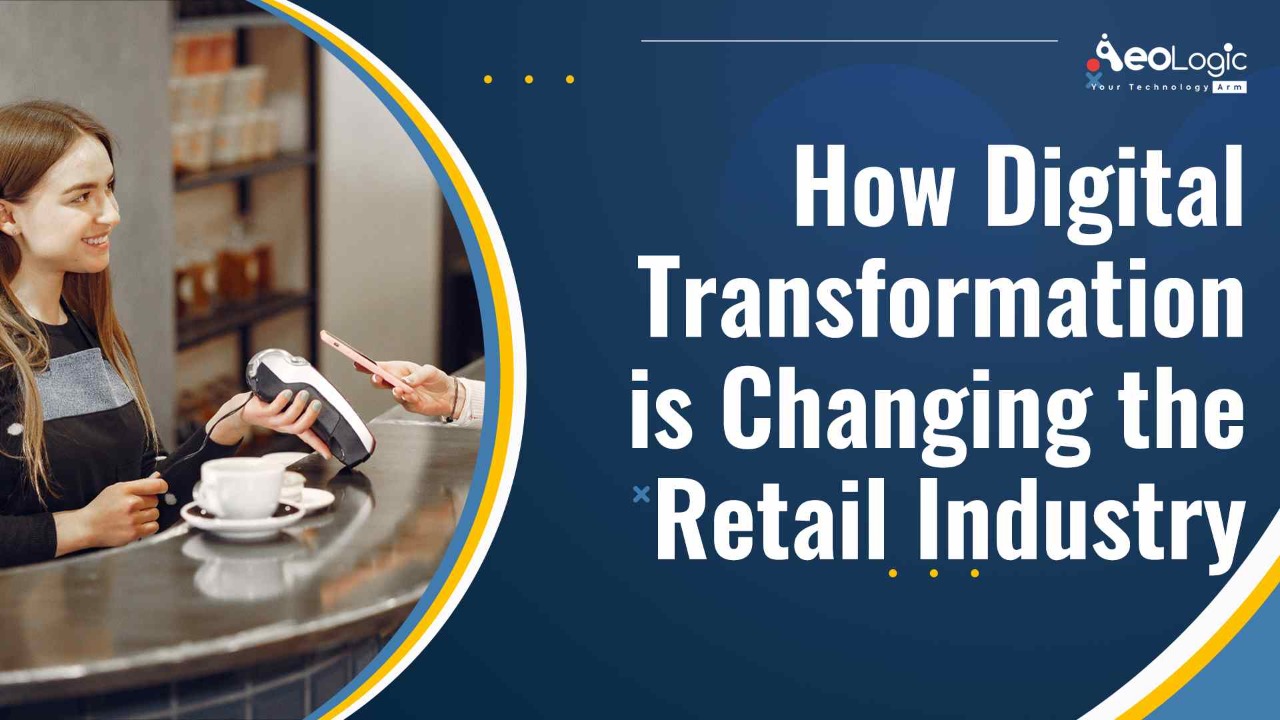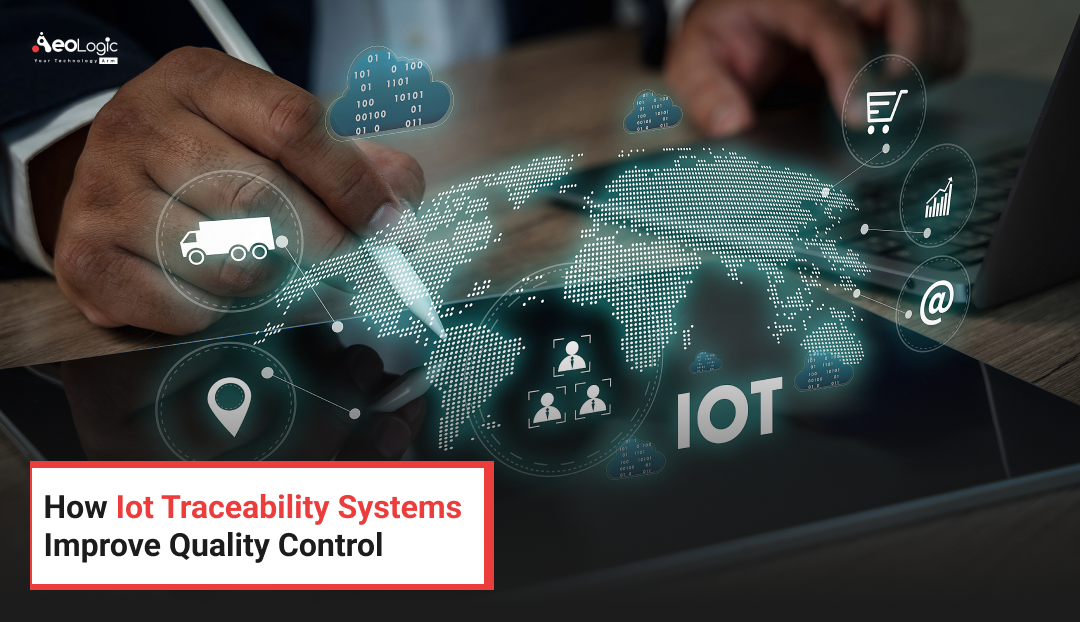The continuous spread of the Coronavirus has had an influence on the entire planet. If the epidemic is not contained immediately, the world economy faces the prospect of a global recession. It slowed the retail industry and had a significant impact on offline stores. The COVID-19 pandemic has caused fewer people to shop at stores in the last few months. This has made it harder for many businesses to manage their business. The pandemic has changed the retail industry and rethinks its business models digitally. Retailers are thinking about how they should respond to this sudden change. They want to know how they can use technology to find creative ways to build up new business models and make more money. So, let’s look at how digital transformation is changing the retail industry.
Before we talk about how digital transformation is changing the retail industry, let’s talk about what digital transformation is?
What does “Digital Transformation” Mean in Retail?
In retail, the term “digital transformation retail” refers to a number of business opportunities. This is more than just focusing on one technology or one strategy, like e-commerce or “click-and-collect.” A digital transformation strategy in retail is the trend of retail locations coming up with new and exciting ways to do business. Hence, It will push the boundaries between the actual world and the digital world.
Also Read: The Role of Technology in the Evolution of Retail
The Impact of Digital Transformation on Retailing
Digital businesses change the way people buy as well as how the market works. They drive internal change toward new business environments that have never been seen before. A cutting-edge online store will connect or integrate its assets to get rid of obstacles.
For digital transformation, employees, processes, and technologies all need to work together. Successful retailers will create ecosystems that include retailers, suppliers, and technology companies.
Also Read: How The Retail Sector is Using IoT?
Benefits of Going Digital in Retail
Any retailer, like every other business, wants to achieve two key objectives: more earnings and lower expenses. Because of this, most retailers put so much effort into working with customers. This is the aspect that will directly affect the growth of a business.
Today, owners of stores know how important it is to know about their own audiences. By using digital tools to analyze visitors, it will be possible to get a clear picture of the target audience. It gives a clear picture of the demographic trends of the people who shop at the particular retailer. Furthermore, these technologies will enable us to track the results of marketing initiatives in real-time. It will gather data from the internet and keep track of attendance at each location for a set period of time. So, digital transformation in retail store chains makes it possible to improve business processes. This makes it easier for you to compete in the market.
Also Read: 5 AI Trends that Are Changing the Face of Retail

How Fast Digital Changes are Happening in the Retail Business
If we talk about how fast digitalization is happening, the industry of Online business remains the world’s unchallenged leader, as it continues to grow and expand.
At the same time, most retailers today are very concerned about how digital technologies will change the way they do business. Business owners know that they can’t keep their market position without digital solutions. Hence, the retailers are slowly realizing that the changes are necessary and systemic. When looking at the state of global retail, it’s clear that not only are new digital solutions being deployed, but also that established business models are being changed, and relations with partners and customers are changing. Digitalization affects many areas, and in the near future, its speed will scoop up.
Conclusion
Every retail business depends on how quickly it can deliver, how quickly it can learn from data, and how well it can predict what customers will do. That’s why it is so important to have a solid digital transformation strategy. There’s no doubt that digital transformation will have a bigger impact on retail in 2022 and beyond, so retailers must be ready and choose the right technology.
Our team has a lot of experience with advanced analytics, enabling the Internet of Things (IoT), data-driven insights, and collaborating with users. If you have ideas for projects but don’t know much about technology, contact our team of experts and we’ll help you through the process of digital transformation in your retail business.
FAQ’s
What methods has technology changed the retail business?
Automation is another major way that technology is changing the retail sector, from the customer portal to the warehouse and delivery. Automated assistants can create an instant customer experience that fills the gap between a customer’s question and a retailer’s customer service team.
How has technology made shopping easier?
In stores and on the sales floor, high-tech tools help balance inventory, manage orders, and keep track of prices. Customer tracking tools improve shoppers’ in-store experiences, which makes them happier and more loyal.

I’m Deepika Pandey, an SEO strategist and content writer with 6+ years of experience. I create SEO-friendly content that drives traffic and engages readers. I combine data insights with creativity to help businesses grow their online presence effectively.






